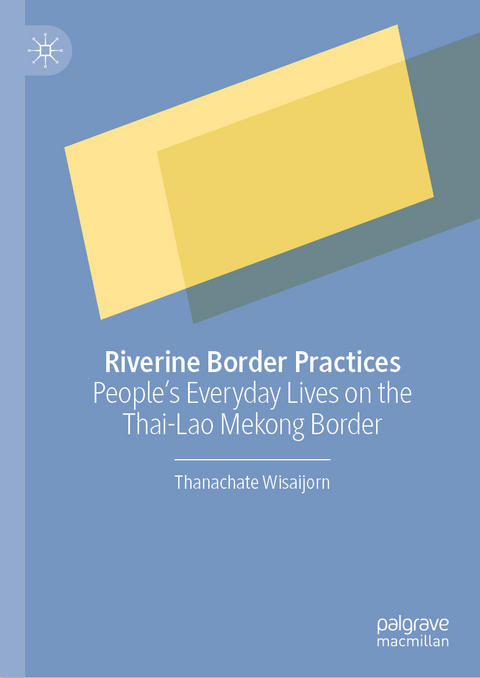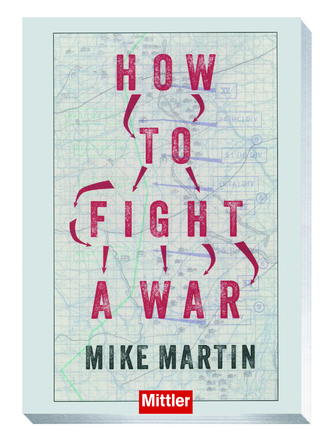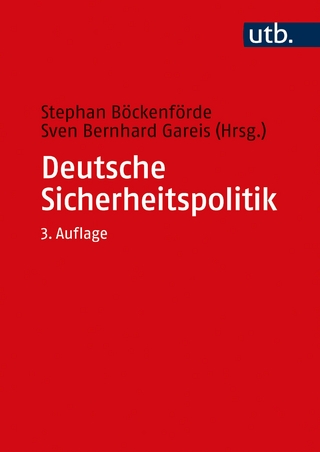
Riverine Border Practices
Palgrave Macmillan (Verlag)
978-981-16-2865-8 (ISBN)
To illustrate the importance and complexity of the notion of the Third Space, the borderland of Khong Chiam-Sanasomboun, an area composed of quasi-state checkpoints as well as mobile checkpoints, is used as a case study. The author employs an ethnographic approach using the four methods of participant observations, interviews, interpreting visual presentations, and essay readings to examine the everyday practices of the Thai Ban people in crossing the border between the riverine villages in the two nation-states of Thailand and Lao PDR.
With this, the findings in the fieldwork reveal that people engaged in everyday border-crossings in the riverine area do not simply embrace or reject the existence of Thai-Lao territory. Most of the time, the stance of Thai Ban people is the mixture of subversion, rejection, and acceptance of the boundary resulting in the sedentary assumption in the form of Thai-Lao territory co-existing with people’s everyday mobility.
Thanachate Wisaijorn is currently a lecturer in Political Science (International Relations) at Ubon Ratchathani University. His research interest include International Relations Theory, Geopolitics, Borderland Studies, and Mekong Studies.
Chapter 1: Introduction - The end of the Mekong riverine borderland as a Third Space.- Chapter 2: Border conceptualisation of the academia and the Thai Ban’s everyday life in other areas of Thai-Lao Mekong borderlands.- Chapter 3: Spatial negotiation - State space and lived space of the Thai Ban.- Chapter 4: Temporal negotiation in the borderland as a Third Space.- Chapter 5: Negotiations of political subjectivities - Pluralities of border-crossings on the Thai-Lao Mekong border.- Chapter 6: Pluralities of border-crossings in the Third Space.- Chapter 7: Conclusion.
| Erscheinungsdatum | 05.11.2021 |
|---|---|
| Zusatzinfo | 11 Illustrations, color; 60 Illustrations, black and white; VIII, 204 p. 71 illus., 11 illus. in color. |
| Verlagsort | Singapore |
| Sprache | englisch |
| Maße | 148 x 210 mm |
| Themenwelt | Sozialwissenschaften ► Politik / Verwaltung ► Vergleichende Politikwissenschaften |
| Sozialwissenschaften ► Soziologie | |
| Schlagworte | Border conceptualisation in academia • Borderland of Khong Chiam-Sanasomboun • Borderland Studies • everyday politics • Geography in Indo-China • Mekong Studies • Nation States in Southeast Asia • Pluralities of border-crossings • Politics in Southeast Asia • Quasi-state Checkpoints • Spatial Negotiation in Thailand • State space and lived space of the Thai Ban • Temporal negotiation in the Borderland • Thai Ban people • Thai-Lao territory • Third Space and Borderlands • Third Space and the pluralities of border-crossings |
| ISBN-10 | 981-16-2865-3 / 9811628653 |
| ISBN-13 | 978-981-16-2865-8 / 9789811628658 |
| Zustand | Neuware |
| Haben Sie eine Frage zum Produkt? |
aus dem Bereich


